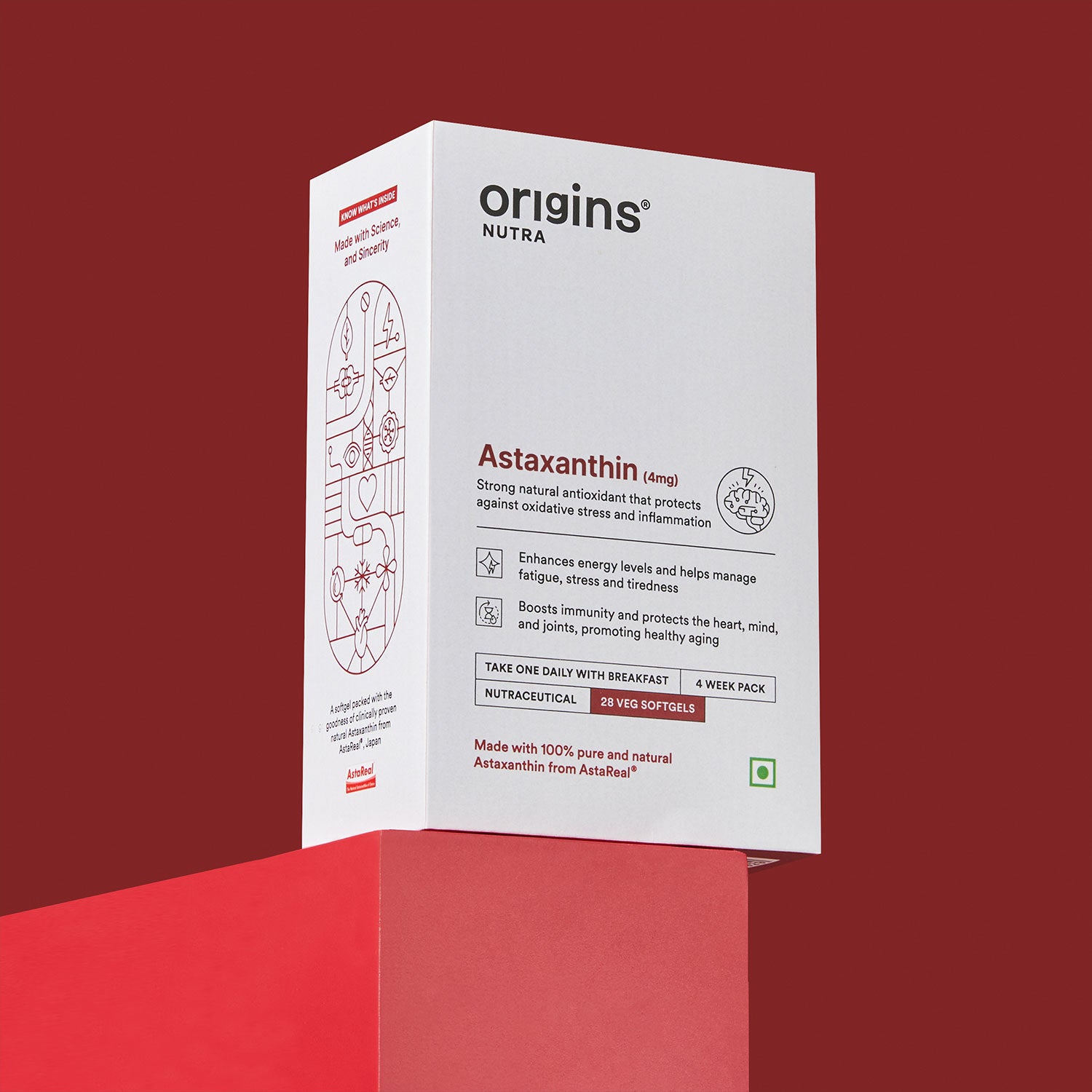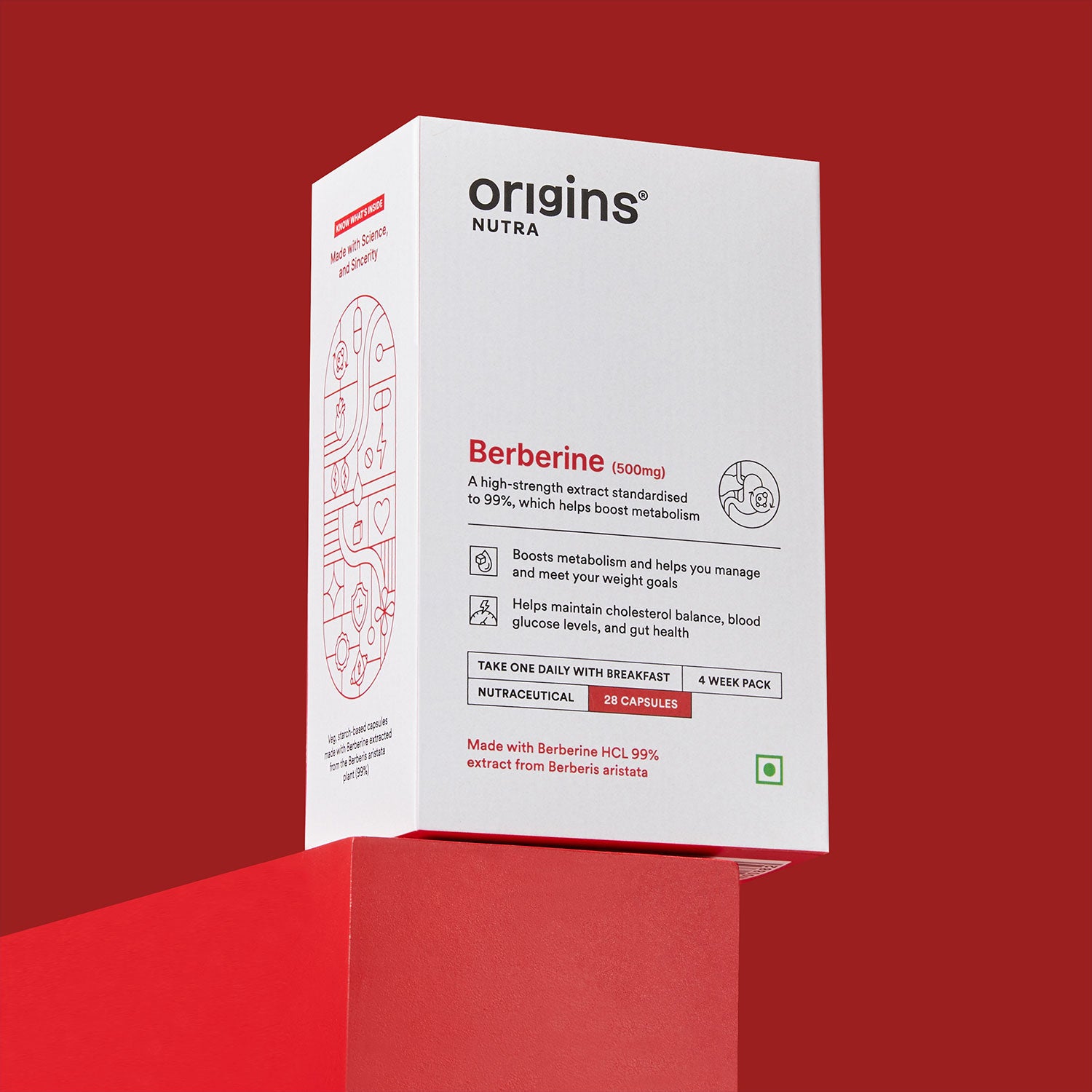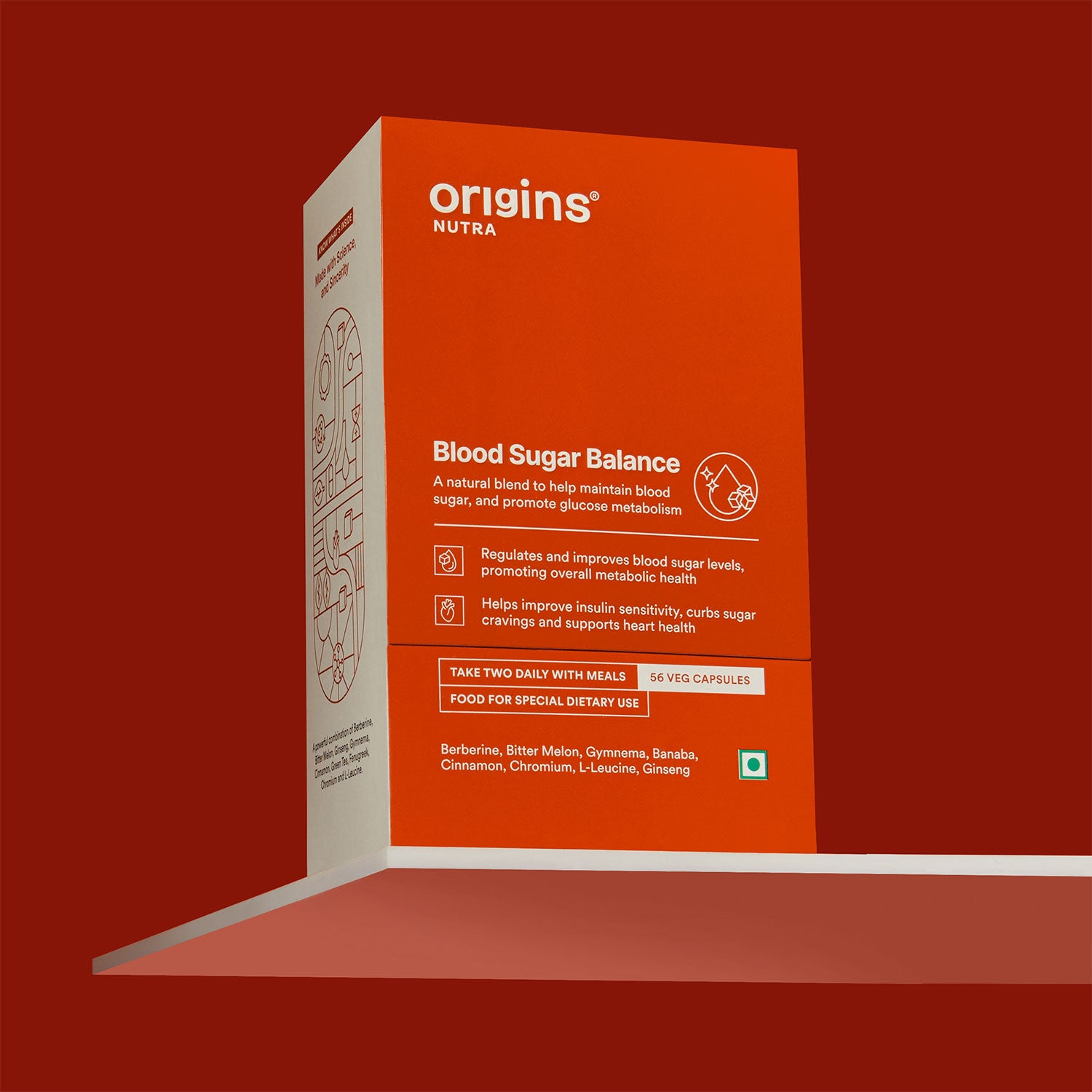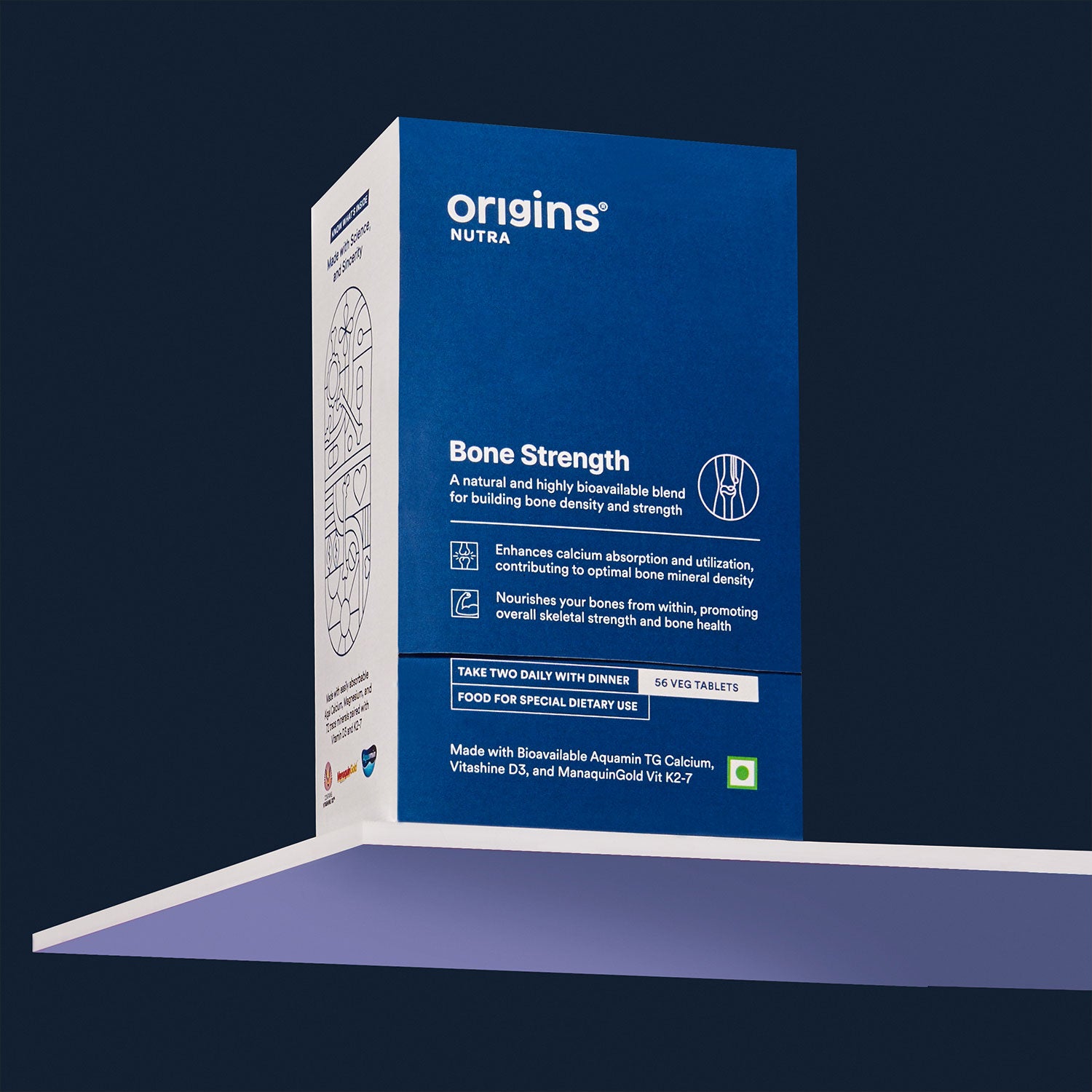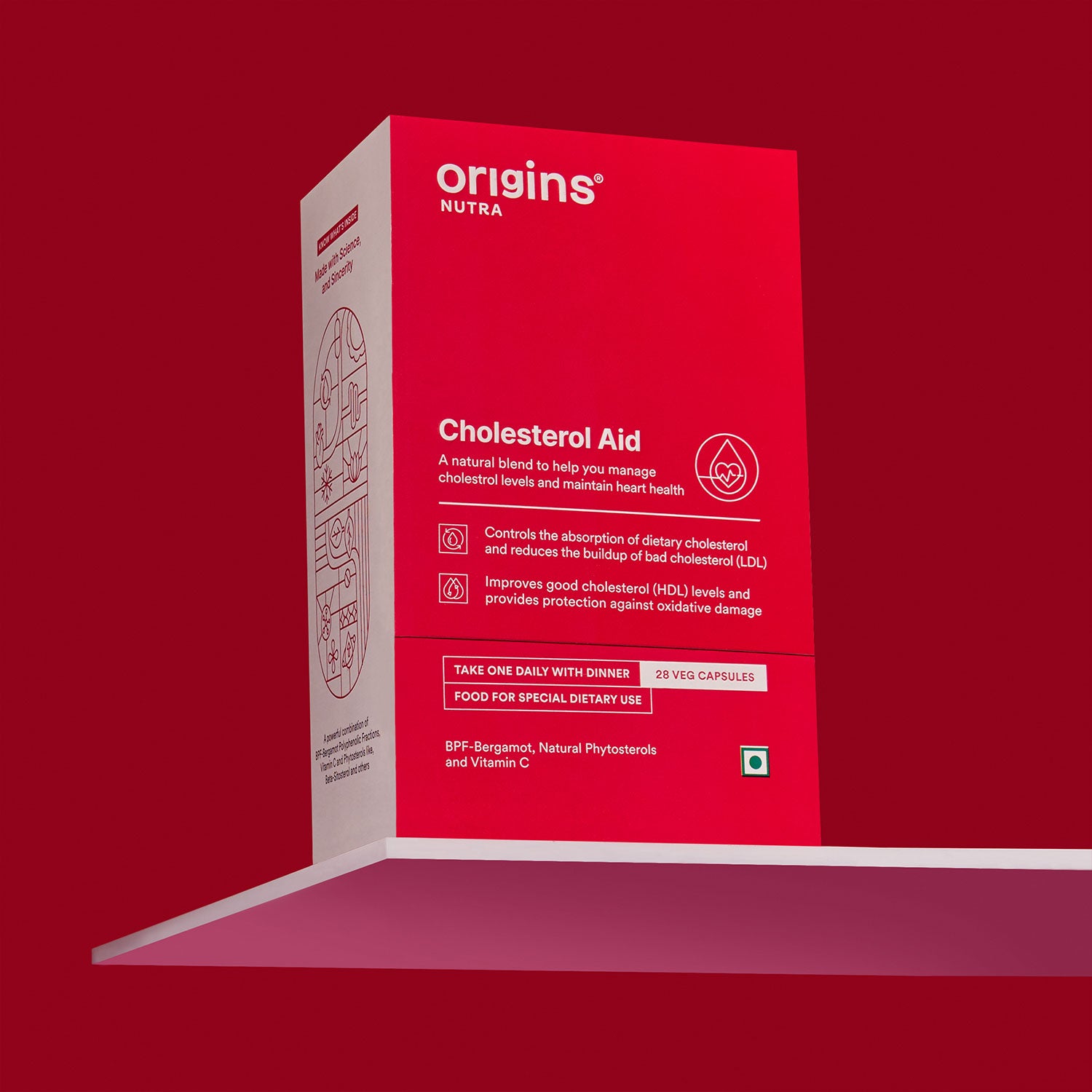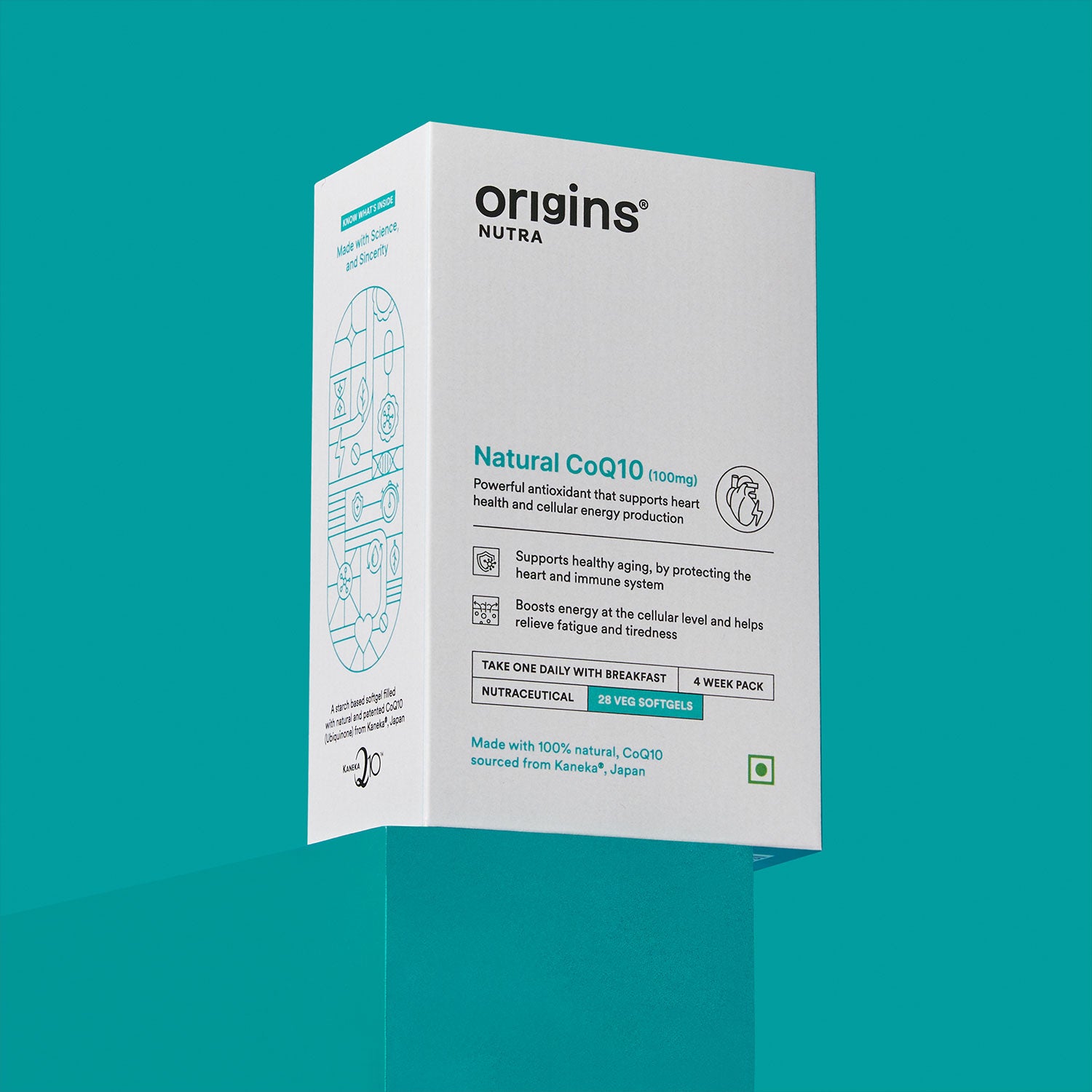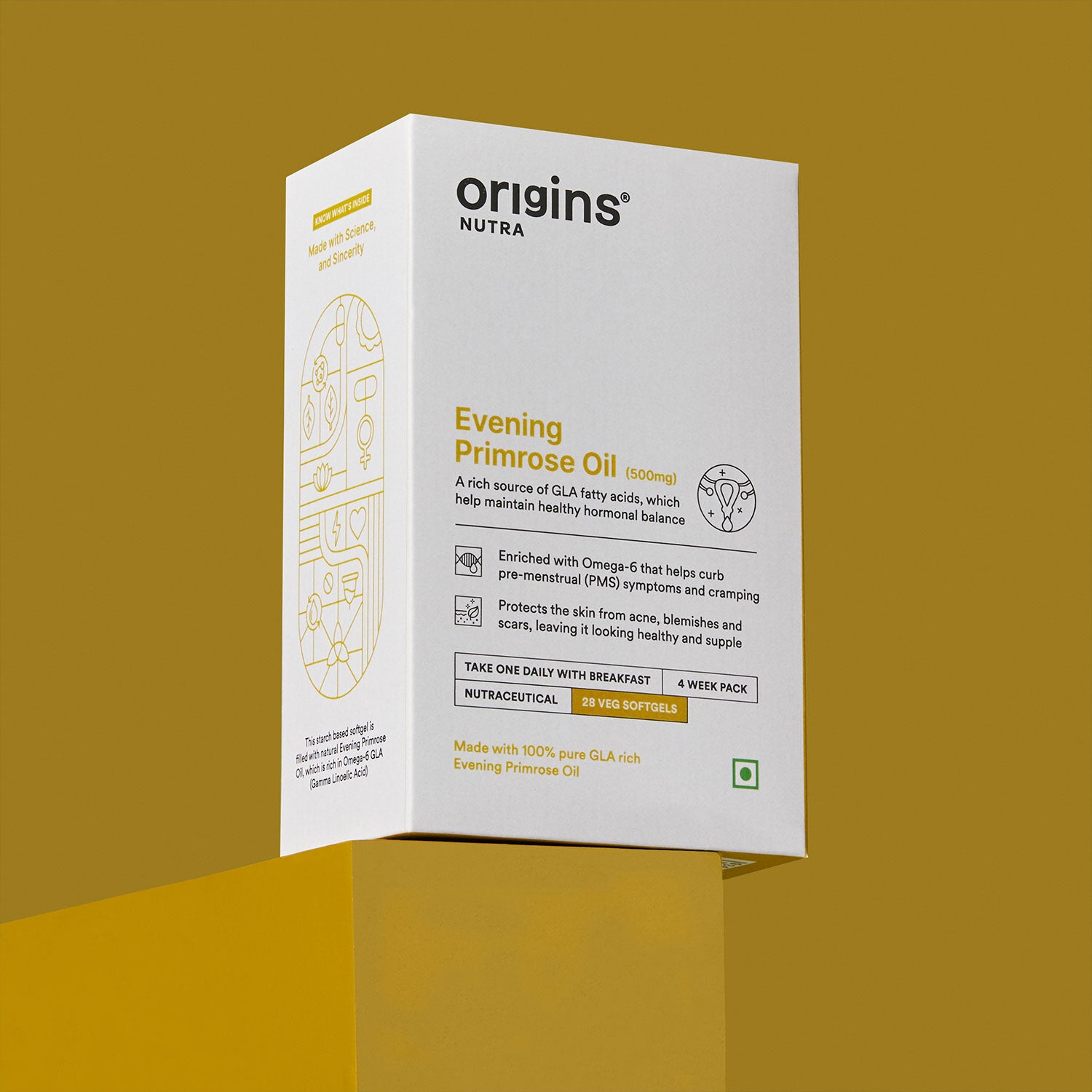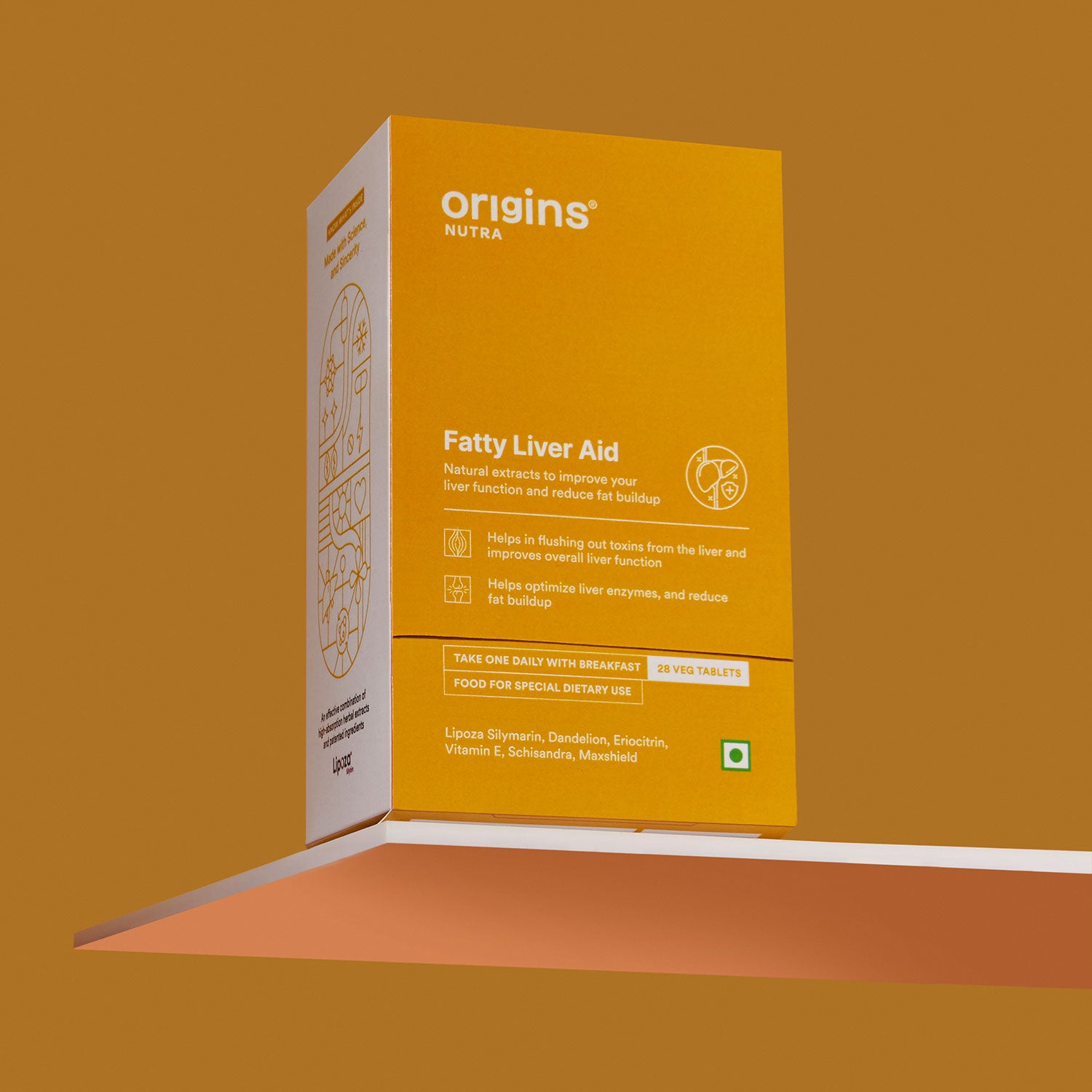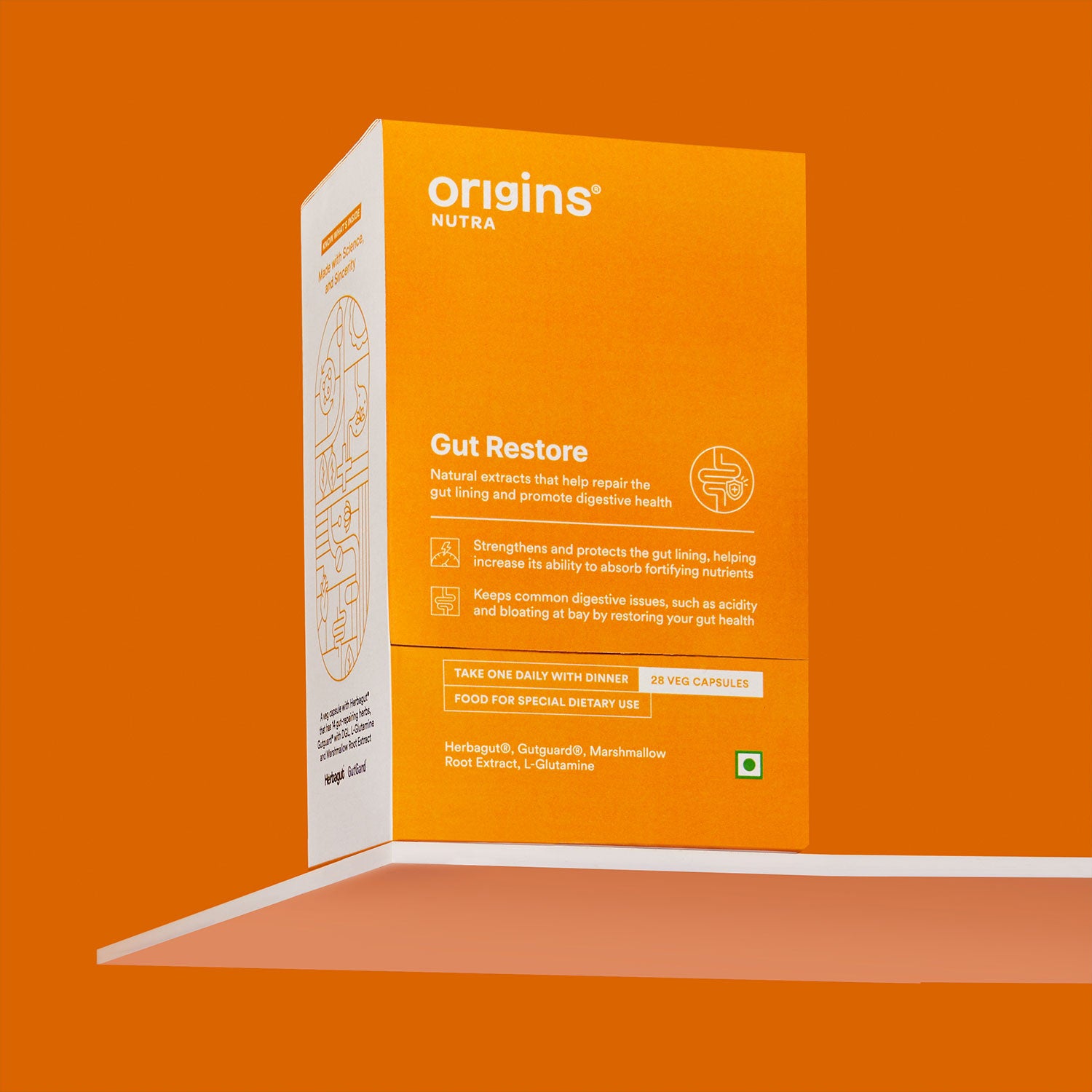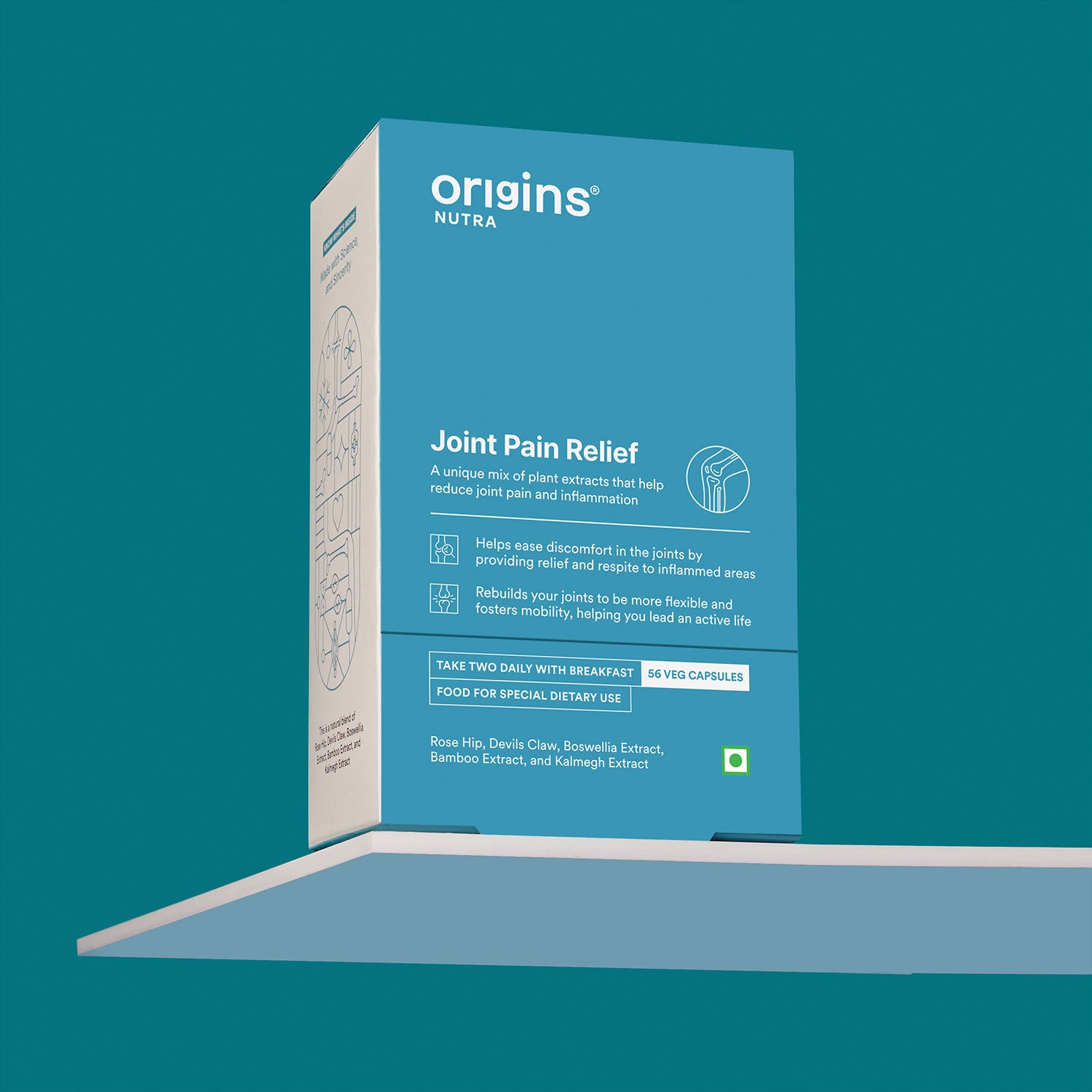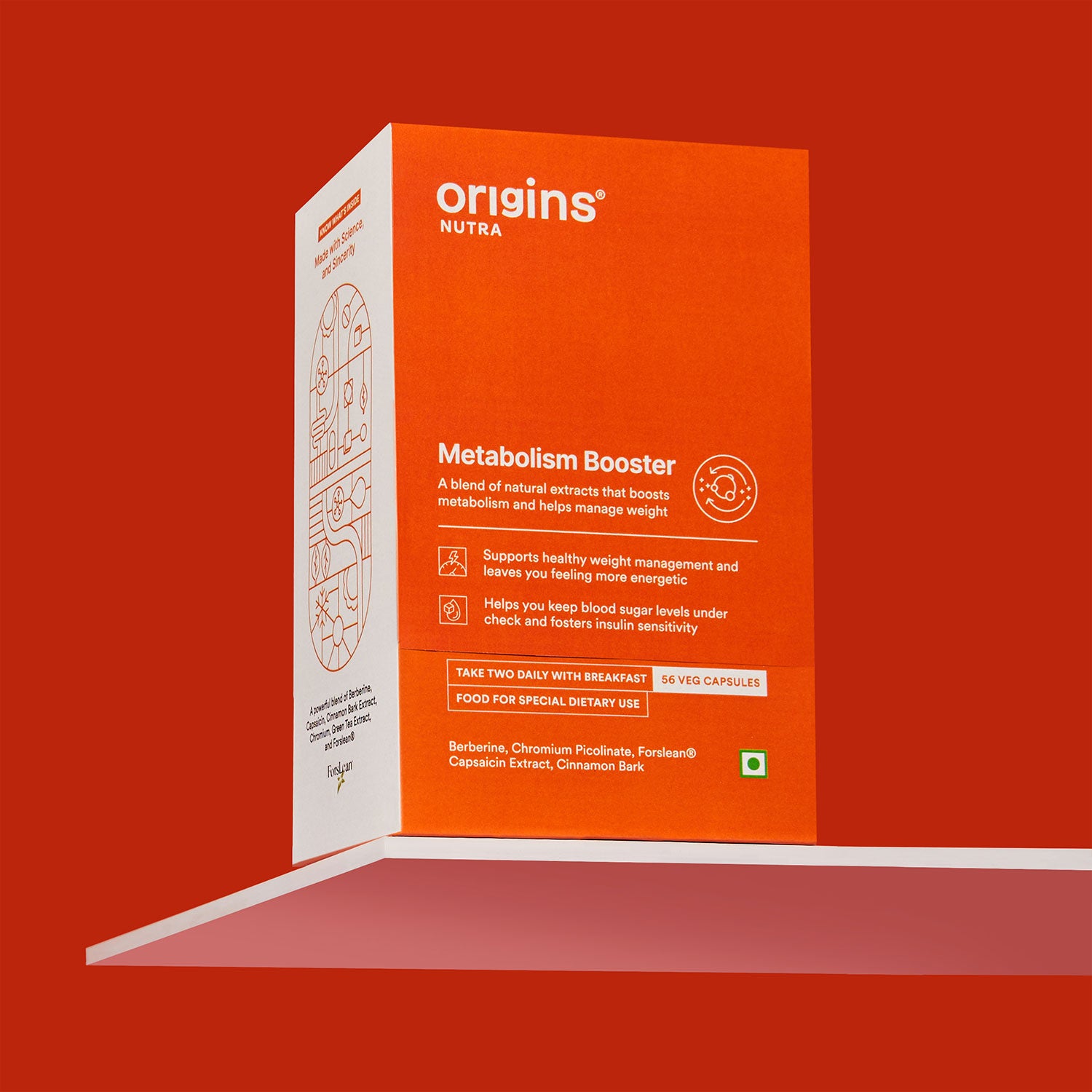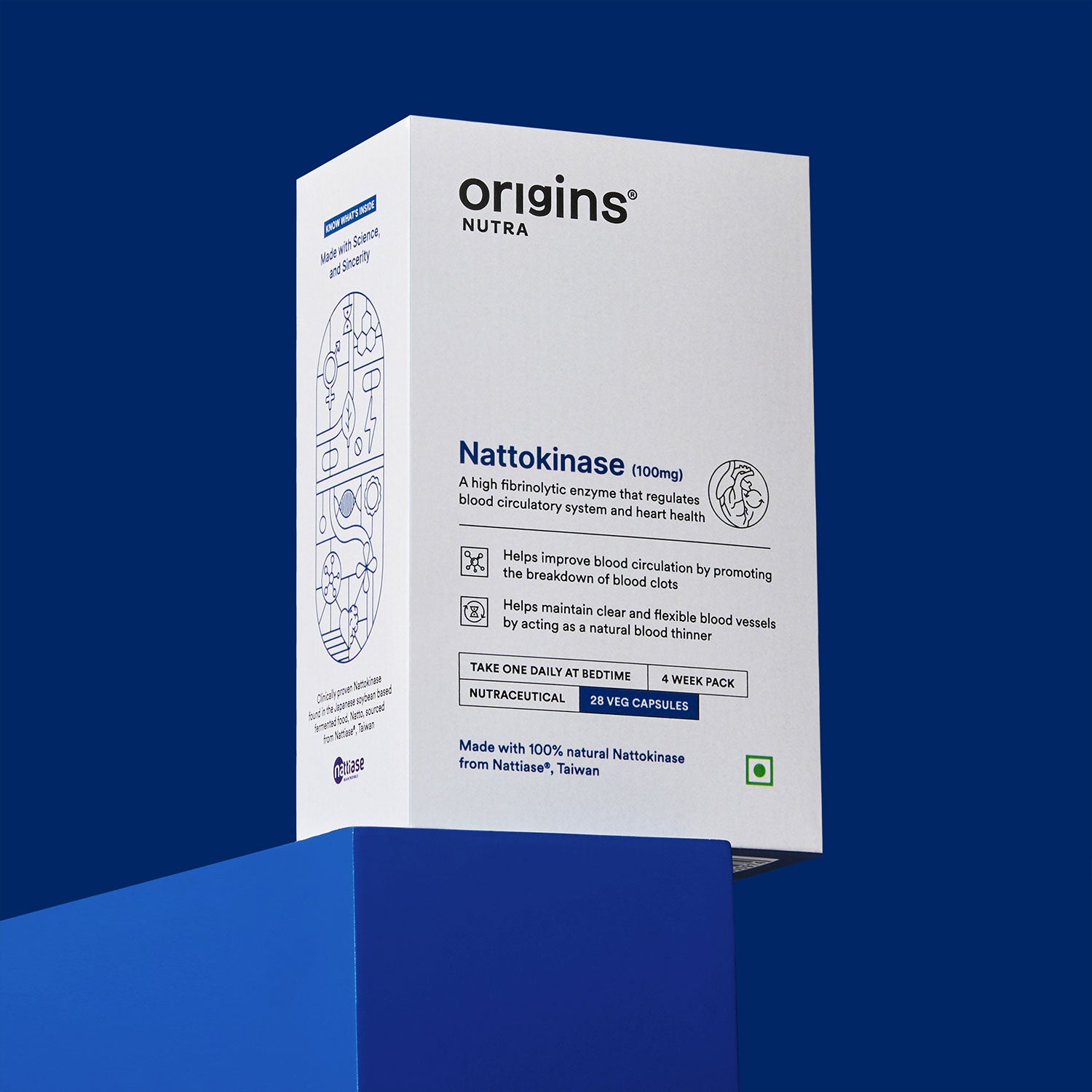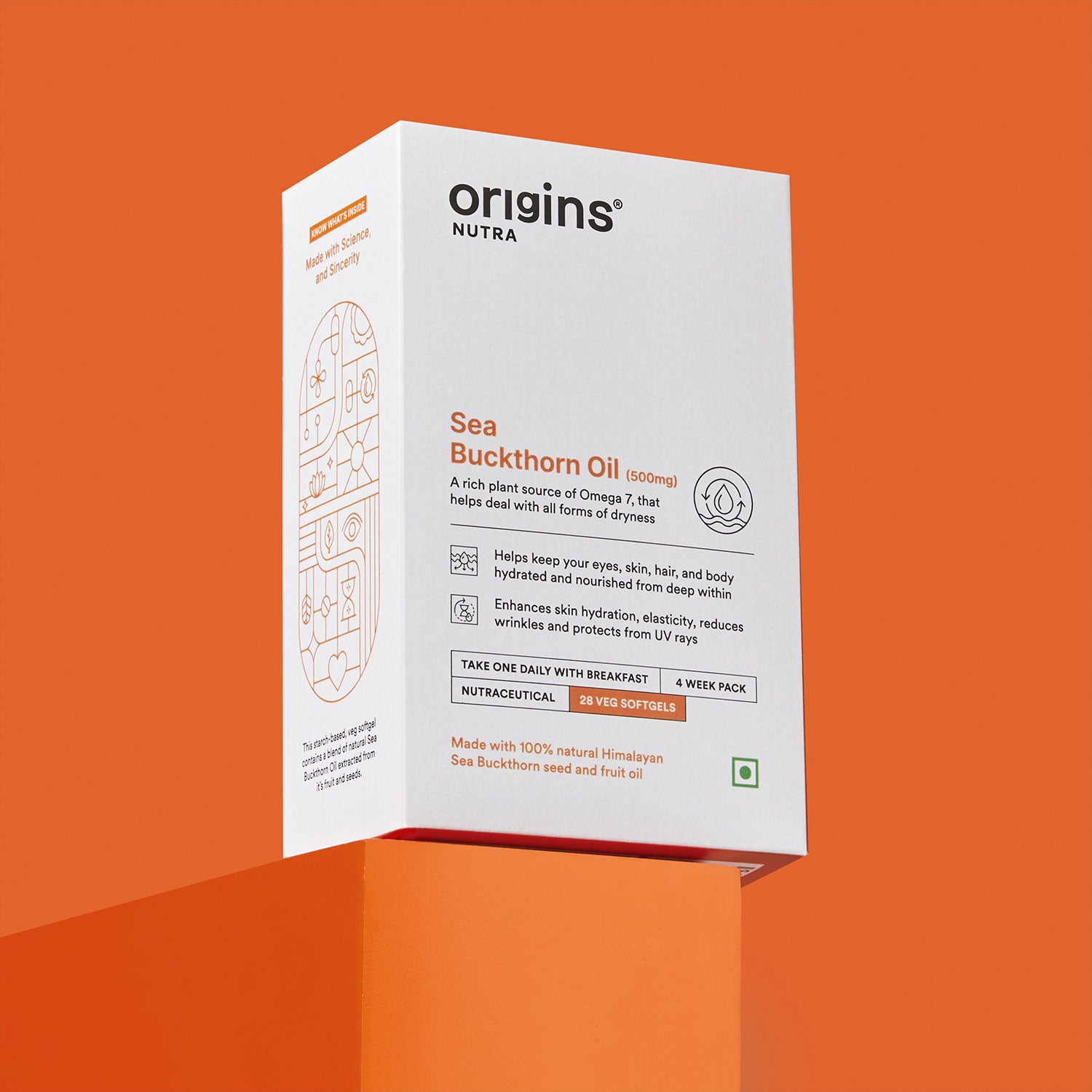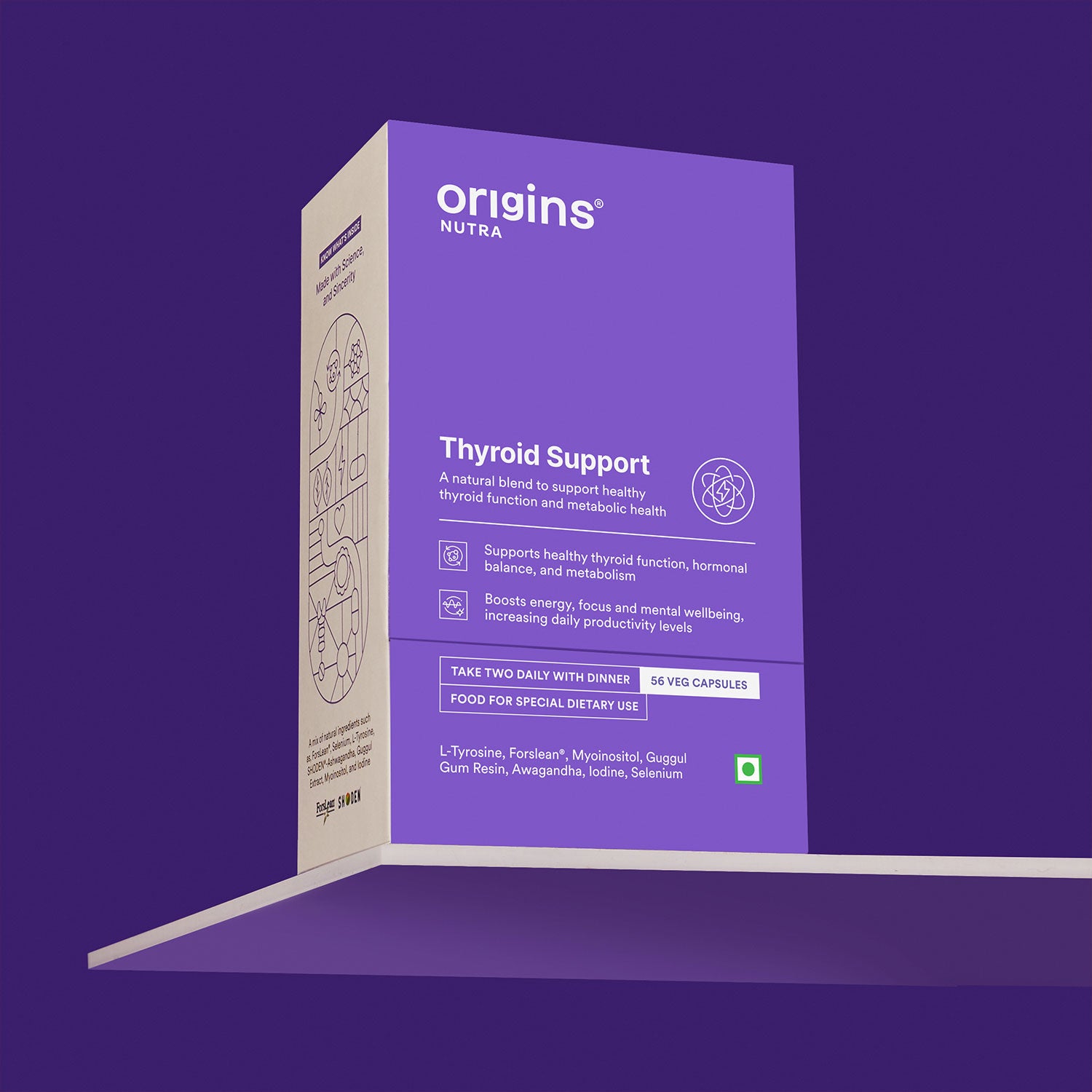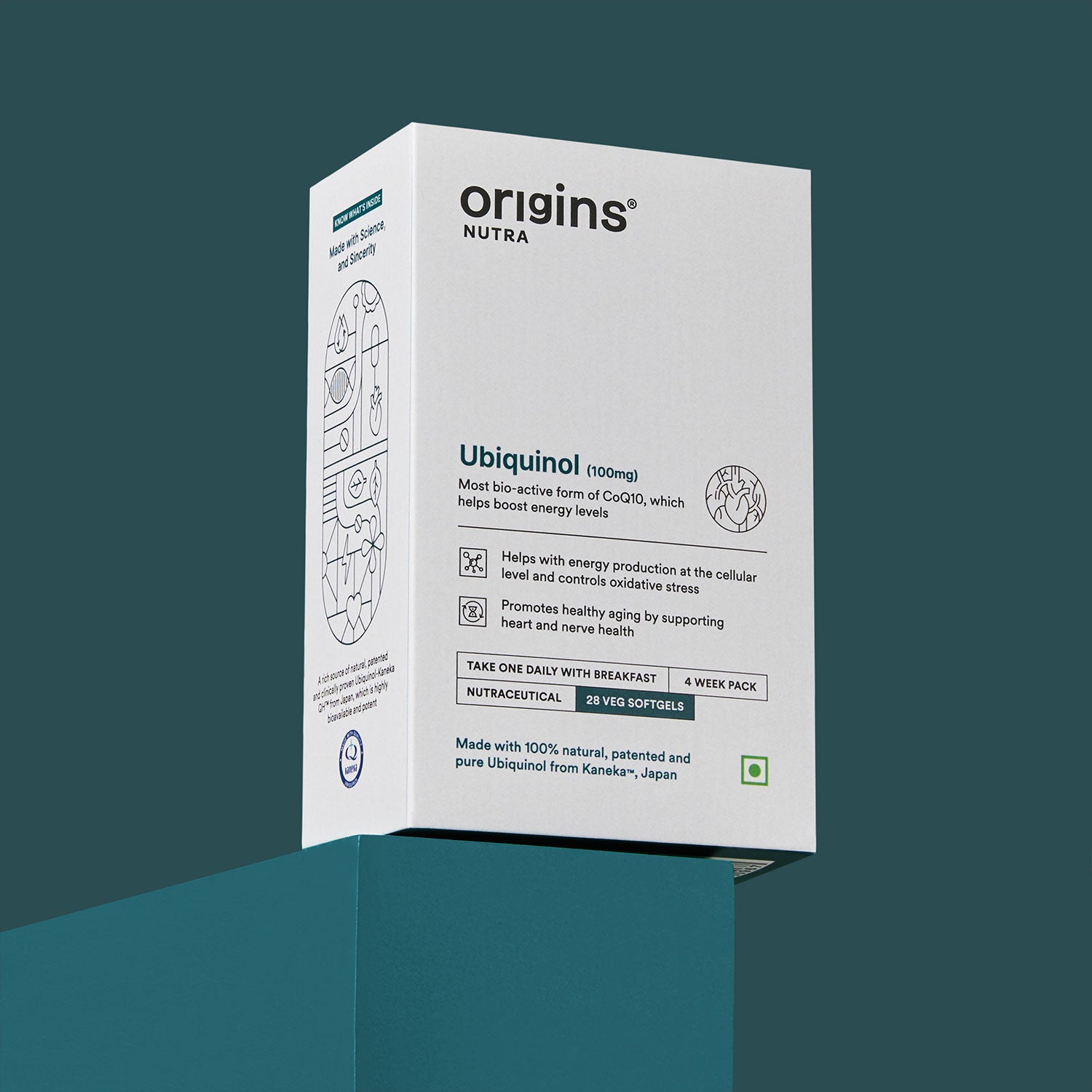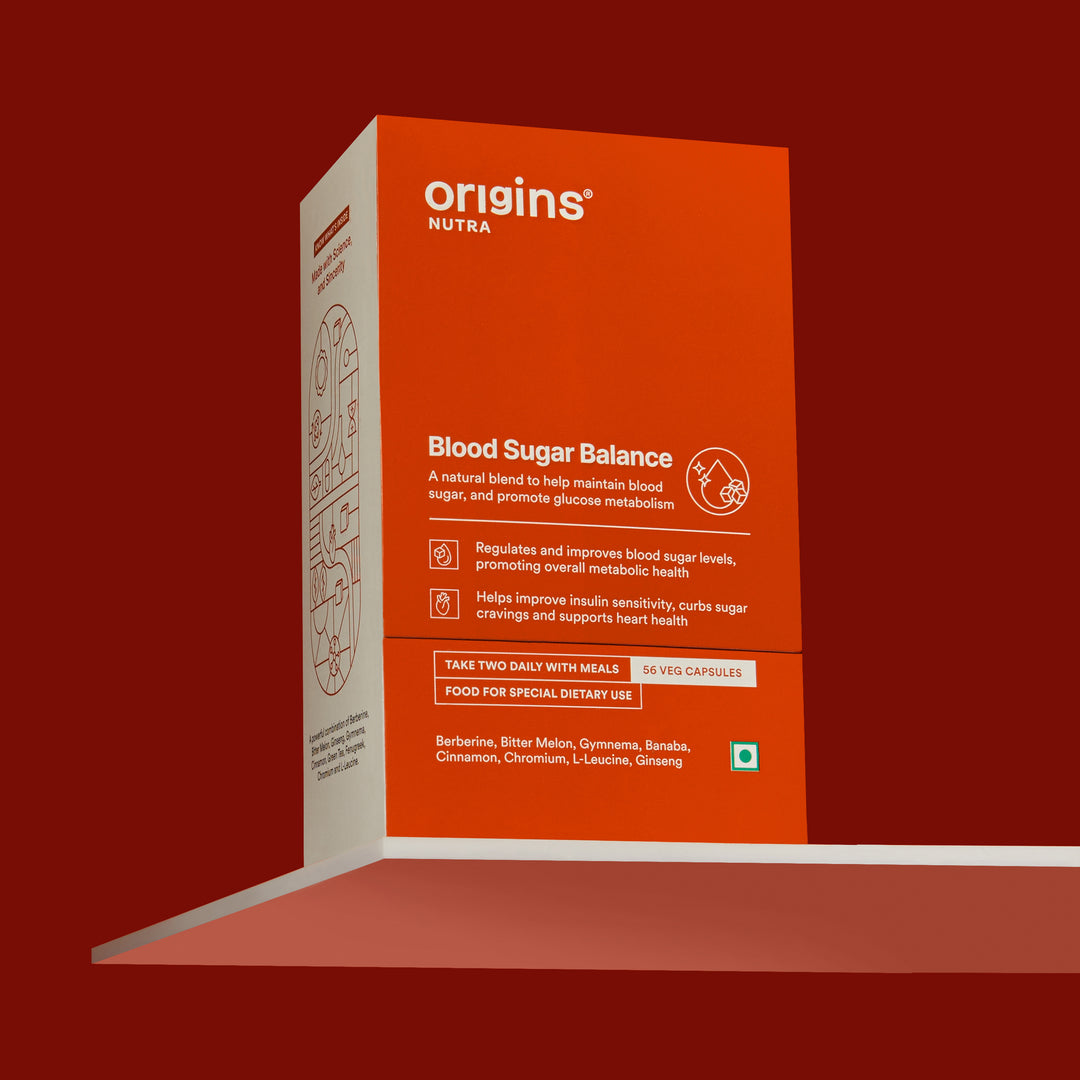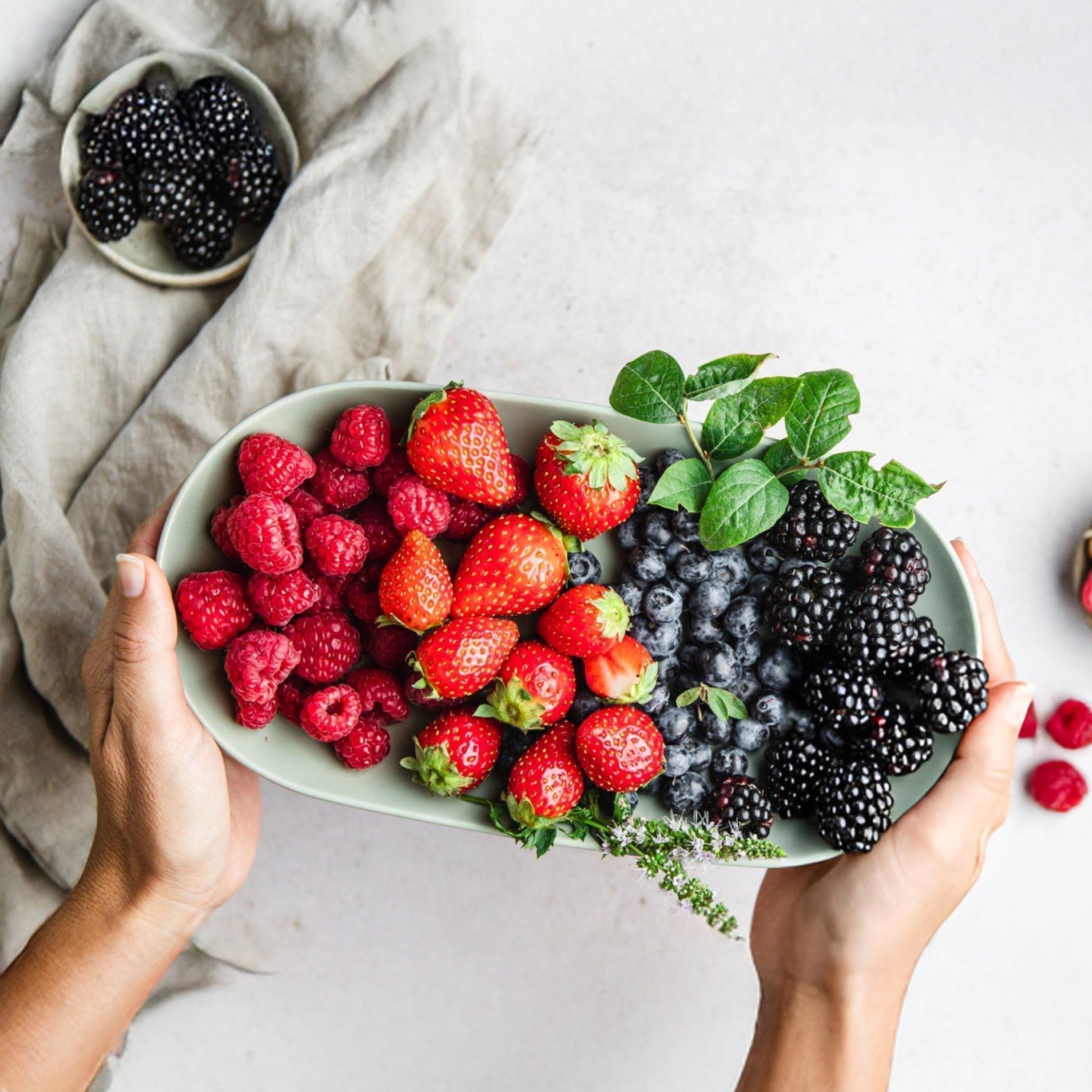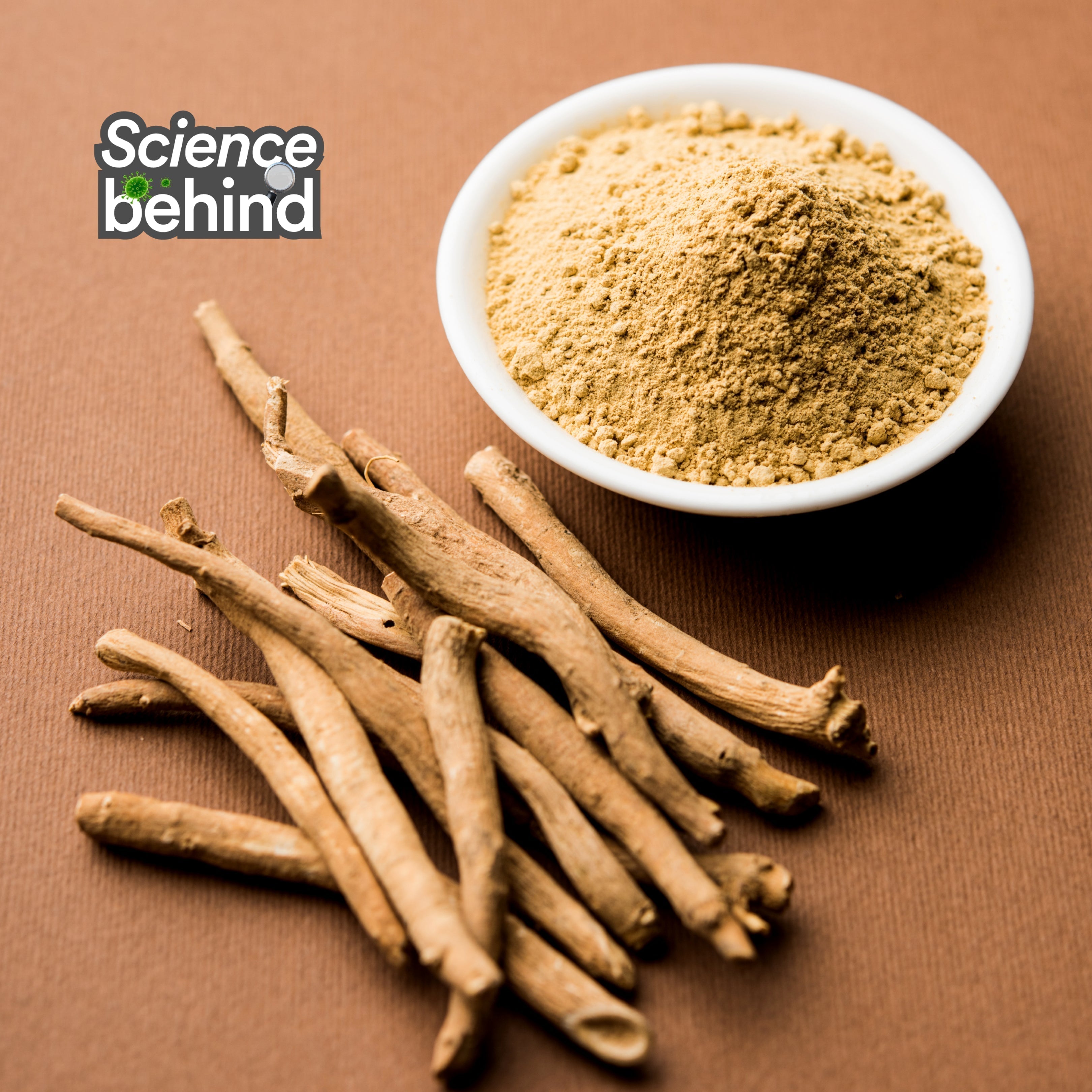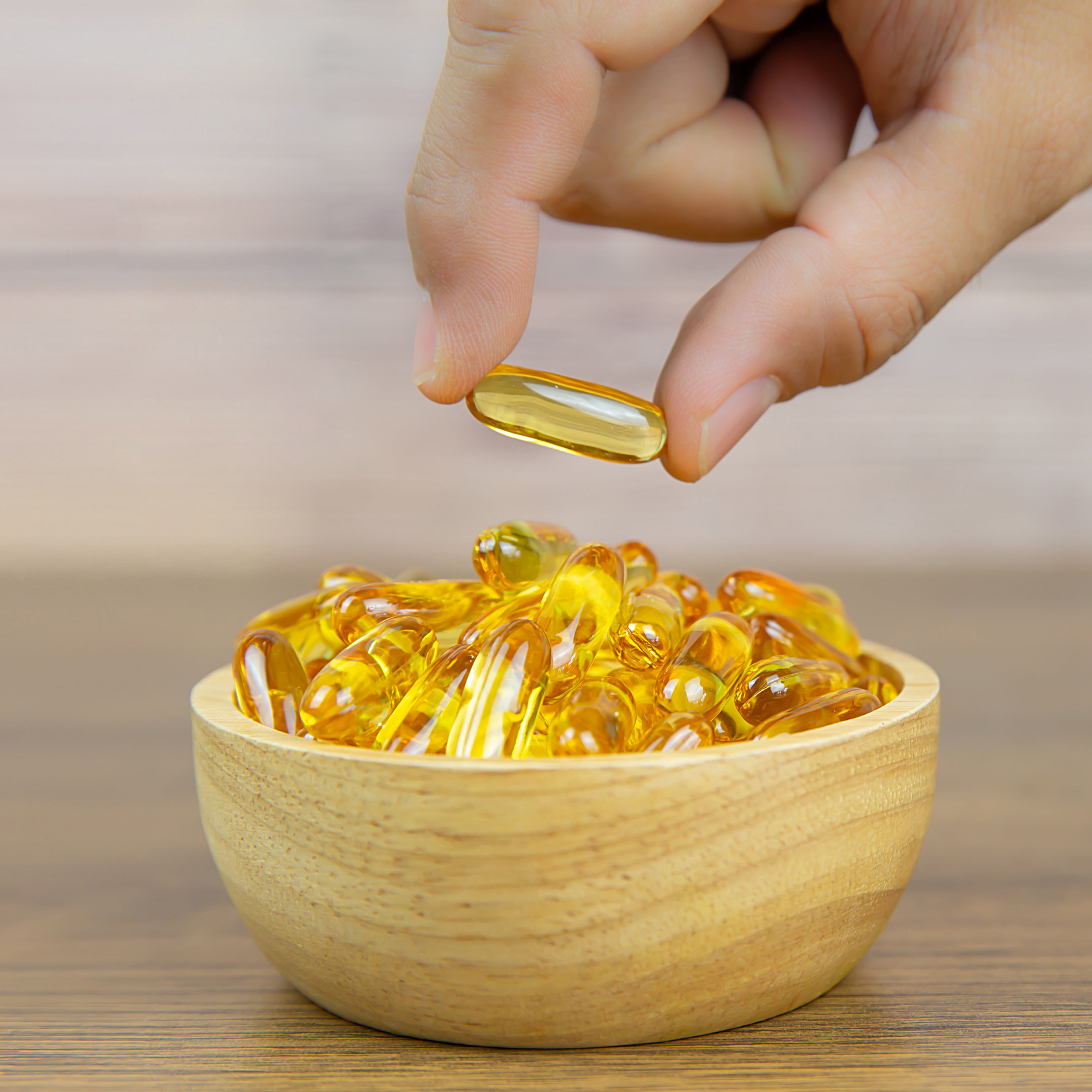Top 9 Foods for Diabetes Management: Delicious and Nutritious Choices
Living with diabetes doesn’t mean you have to say goodbye to flavourful and satisfying meals. By making smart food choices, you can manage your blood sugar levels effectively while still enjoying a variety of delicious dishes. The key lies in selecting foods for diabetes that not only promote better health but also taste great.

In this blog, we’ll explore nine amazing foods for diabetes that are both nutritious and versatile, making it easy to incorporate them into your everyday meals.
1. Leafy Greens
Indian greens like spinach (palak), fenugreek (methi), and amaranth (chaulai) are fantastic additions to any diabetic-friendly diet.
- Low in carbs, high in fiber: These greens are naturally low in carbohydrates and packed with fiber, helping to slow sugar absorption and reduce blood sugar spikes.
- Nutrient-packed: Loaded with magnesium, Vitamin K and antioxidants, all of which support overall metabolic health.
- Easy to incorporate: Incorporate these greens into dals, sabzis, or parathas for a boost of flavour and nutrition.
Including leafy greens in your meals is a simple yet powerful way to help manage blood sugar levels while adding a delicious touch to your dishes.
2. Whole Grains
Whole grains like quinoa, brown rice, and whole wheat roti are essential foods for diabetes that provide a wealth of benefits.
- High in fiber: The fiber content in whole grains helps slow digestion, preventing rapid blood sugar spikes.
- Packed with essential nutrients: They’re a great source of B vitamins, iron, and magnesium, which contribute to overall health and well-being.
- Perfect for Indian dishes: You can easily incorporate them into your meals—try brown rice in biryanis, quinoa in pulao, or whole wheat rotis with sabzis.
Whole grains not only help manage blood sugar levels but also bring satisfying textures and flavours to your favourite meals.

3. Legumes
Beans, lentils (dal), and chickpeas (chana) are incredible foods for diabetes because they're loaded with protein and fiber.
- High in protein and fiber: These nutrients slow down digestion and gradually release glucose, preventing sugar spikes.
- Budget-friendly and versatile: Legumes can be easily added to your diet and offer versatile ways to enjoy them. Try a comforting dal with brown rice or toss chickpeas into salads for added texture and nutrition.
These protein-packed options are perfect for managing blood sugar while being both delicious and cost-effective.
4. Nuts and seeds
Almonds (Badam), walnuts (akhrot), chia seeds and flaxseeds (alsi) are nutrient-dense foods for diabetes, that are high in healthy fats, fiber, and protein.
- Promote heart health: The healthy fats in nuts and seeds help support heart health, which is essential for those managing diabetes.
- Easy to add: Enjoy a handful of nuts as a snack, sprinkle seeds over yogurt or porridge, or use ground nuts to thicken curries for a delicious and nutritious twist.
These nutrient-packed foods help maintain stable blood sugar levels while adding a crunchy, satisfying texture to your meals.

5. Fatty fish
Fatty fish like salmon, sardines, and mackerel are excellent foods for diabetes, thanks to their high omega-3 content.
- Rich in omega-3s: Omega-3 fatty acids reduce inflammation and support heart health, which is essential for individuals with diabetes.
- Easy to prepare: Simply grill or bake with spices and serve alongside vegetables for a nourishing and satisfying meal.
Including fatty fish in your diet is a great way to support both heart health and blood sugar levels.
6. Yogurt
Unsweetened yogurt (Dahi) is one of the best foods for diabetes due to its beneficial probiotics and rich nutrient profile.
- Supports digestion and gut health: The probiotics in yogurt aid digestion and support balanced blood sugar levels.
- Multi-purpose ingredient: Enjoy it plain, mix it with fruit and nuts, or use it as a base for marinades and dressings.
Yogurt is a creamy, versatile food that helps promote digestive health while managing blood sugar levels—without added sugars.
7. Vegetables
Including a variety of vegetables in your daily diet is a smart choice for managing diabetes. These nutrient-packed foods for diabetes offer great benefits without the extra calories or carbs.
- Low in calories and carbohydrates: Vegetables like cauliflower, bell peppers, broccoli, and bitter gourd are rich in vitamins and fiber, yet low in calories and carbohydrates—perfect foods for diabetes.
- Support digestion and blood sugar control: These vegetables help stabilize blood sugar levels and support digestion.
Incorporate vegetables into your curries, stir-fries, or salads to enjoy nutrient-rich meals that support balanced blood sugar levels.

8. Fruits
Fruits are an important part of the best foods for diabetes list, providing a tasty way to enjoy natural sweetness without causing blood sugar spikes.
- Apples: Rich in soluble fiber, apples help regulate blood sugar levels and improve digestion.
- Oranges: A great source of vitamin C, they help strengthen the immune system and provide fiber for better blood sugar regulation.
- Berries: Packed with fiber and antioxidants, they support blood sugar control and overall health.
- Avocados: Full of healthy fats and fiber, they help stabilize blood sugar levels and promote heart health.
Note: Whole fruits over juices – Choose whole fruits to enjoy their fiber content, which slows sugar absorption. Fruit juices, on the other hand, can cause rapid blood sugar spikes.
9. Cinnamon
Cinnamon is more than just a flavour enhancer; it may also support improved insulin sensitivity and help regulate blood sugar levels.
- Easy to include: Sprinkle cinnamon on oatmeal, stir it into chai, or add it to curries for an extra depth of flavour.
- Dual benefit: Adds a warm, spicy flavour while helping stabilize blood sugar levels.

Bringing it all together: Empower your diabetes management
Incorporating these foods for diabetes into your daily meals is a great step toward managing your blood sugar levels and supporting overall health. For those looking to enhance their diet even further, consider complementing these food choices with targeted supplements, such as Blood Sugar Balance, to optimize your results.
With the right foundation of nutrient-dense foods and supplemental support, managing diabetes becomes more achievable. Ready to start? Try integrating one or two of these foods into each meal and watch your plate become both healthier and more satisfying.
FAQ’s (Frequently Asked Questions)
1. What foods are good for diabetes?
Foods that are good for diabetes include green leafy vegetables, whole grains (such as brown rice and quinoa), legumes, nuts, seeds, fatty fish (salmon, sardines), unsweetened yogurt, and a variety of non-starchy vegetables and low-sugar fruits. These foods help manage blood sugar levels while providing essential nutrients.
2. What food can diabetics eat freely?
Diabetics can eat non-starchy vegetables like leafy greens, cucumbers, and bell peppers freely. Whole grains and fruits can also be eaten in moderation, keeping an eye on portion sizes and carbohydrate content.
3. What is the best food to reduce diabetes?
There’s no single best food, but a diet rich in fiber, whole grains, lean proteins, and healthy fats helps manage blood sugar.
4. Are bananas okay for diabetics?
Yes, bananas can be eaten in moderation. They provide nutrients like potassium and fiber. However, it’s important to choose smaller bananas or pair them with a source of protein to help slow sugar absorption. Overripe bananas should be avoided, as their sugar content is higher.
5. Can diabetics eat rice?
Yes, diabetics can eat rice, but it’s important to choose whole grain varieties like brown rice, quinoa, or other high-fiber options. These types of rice have a lower glycemic index, meaning they release sugar more slowly into the bloodstream, helping to maintain more stable blood sugar levels. It’s also helpful to watch portion sizes and balance rice with lean proteins, healthy fats, and non-starchy vegetables to further support blood sugar management.
6. Which fruit can reduce sugar?
Low-glycemic fruits such as berries, apples, avocados, and pears help regulate blood sugar levels. Citrus fruits like oranges, rich in vitamin C, may also support blood sugar management. Packed with fiber and antioxidants, these fruits are excellent choices for a diabetes-friendly diet.
